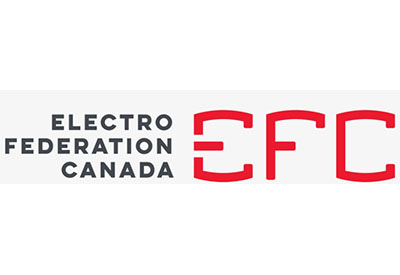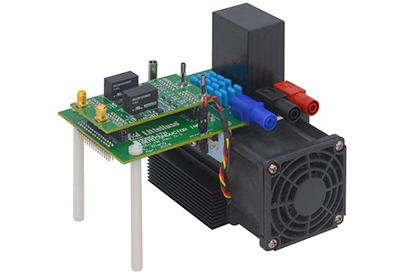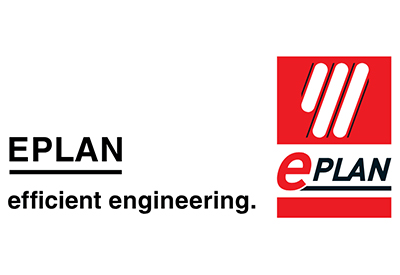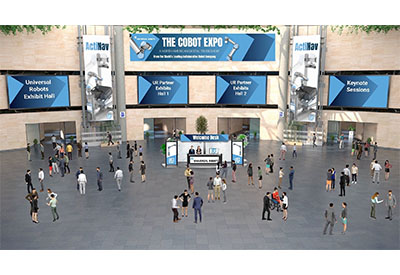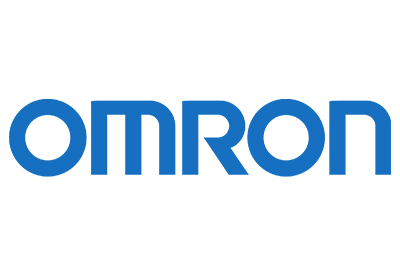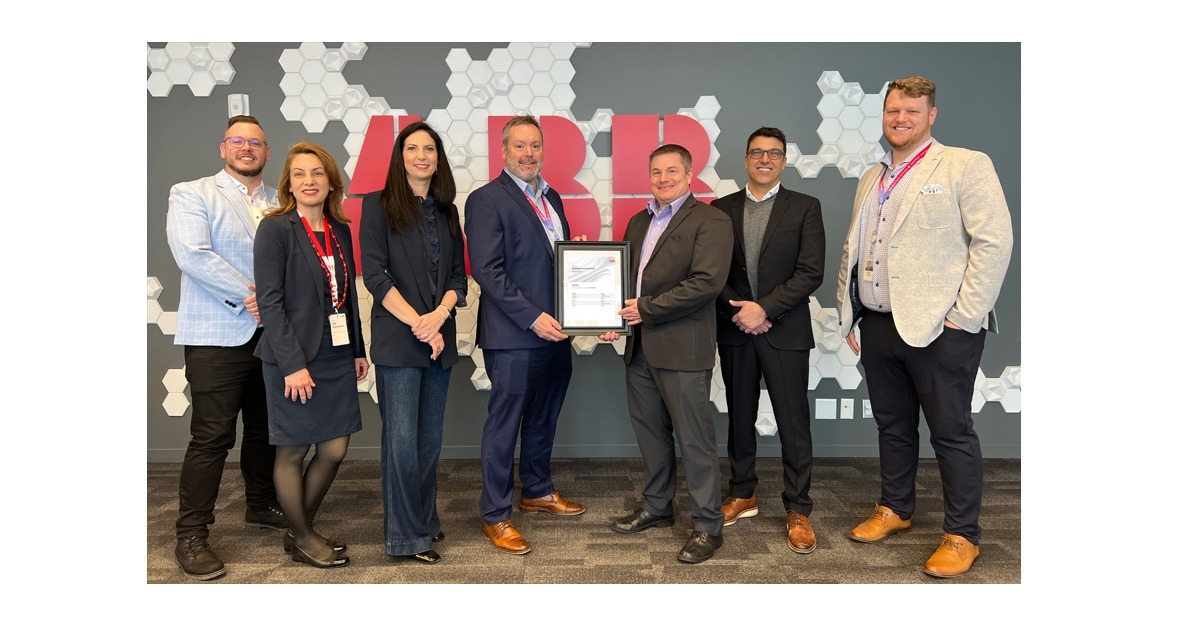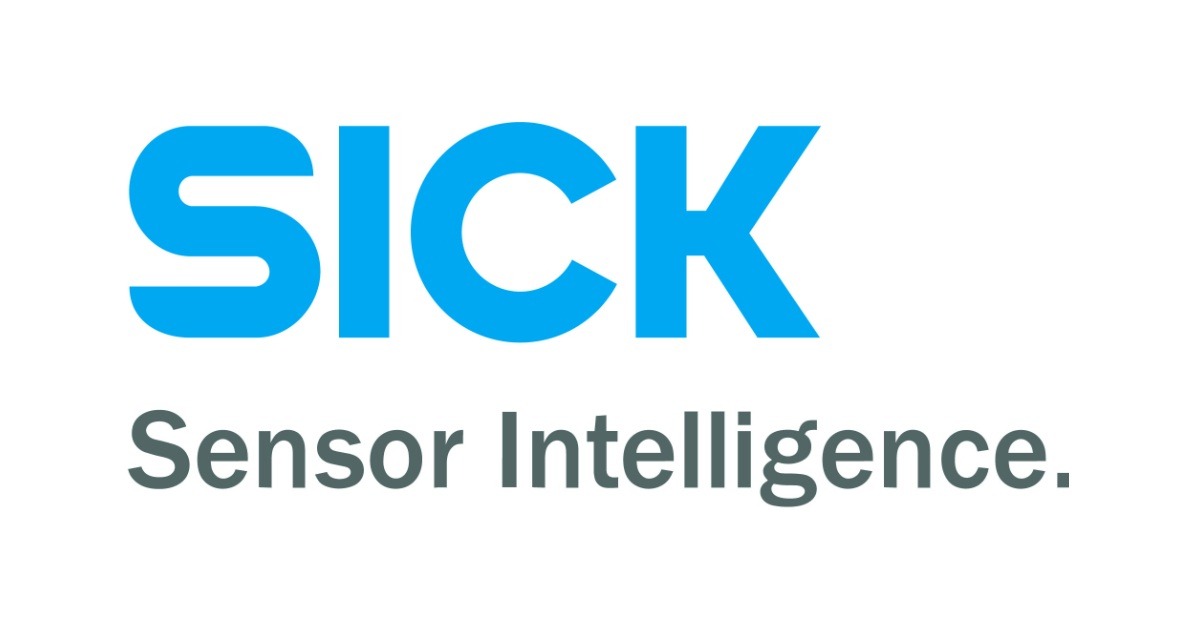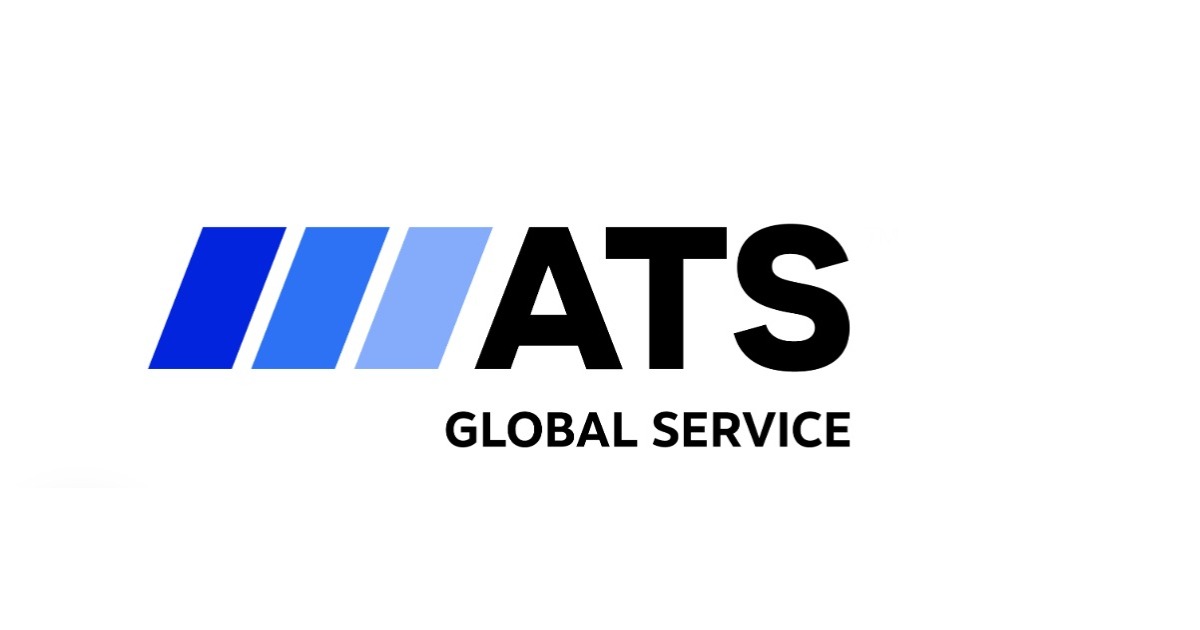Newark Airport Terminal B Expands the Use of RFID Baggage Tags by Leveraging Brock Solutions’ RFID Solution

November 6, 2019
Brock Solutions is pleased to announce that Brian Rohlf, the Airport Director for Newark (EWR) Terminal B, and Genaro Pipitone, Senior Manager Facilities, have given the go ahead for the RFID baggage project to go-live on October 31, 2019.
While EWR Terminal B has been using Radio Frequency Identification (RFID) chipped bag tags for local passengers, passengers connecting through Terminal B onto other destinations typically had barcoded bag tags. The barcoded bag tags had a negative impact on baggage tracking, and system and baggage performance at the airport. Brock has developed a solution that enables EWR to expand the use of RFID bag tags by allowing users to print and encode RFID overlays that are then affixed to the transfer bags. With record breaking passenger numbers traveling through EWR, and continued growth expected, Brock Solutions is proud to be a part of delivering this solution to EWR and by extension, their customers.
Over the next few years, the estimated growth in air traffic should lead to a doubling of the number of bags transported annually, which currently stands at 4.6 billion. To keep up with this growth, and within the framework of its Resolution 753, the International Air Transport Association (IATA) stipulates that baggage must be tracked throughout its journey at key points such as, check-in, boarding, transfer, and arrival locations. IATA also recommends the global deployment of baggage tracking using RFID bag tags. In June 2019, at the IATA 75th Annual General Meeting (AGM), attendees unanimously resolved to support the global deployment of RFID bag tags for baggage tracking. This Resolution commits airlines to transition to barcoded bag tags with RFID inlays, and recommends that airports rapidly incorporate the use of RFID bag tags into their infrastructure for handling of baggage and associated processes, including the deployment of other technologies required to support RFID bag tag usage.
United Airlines, whose hub airport is EWR, will also benefit from the use of RFID bag tags and the improved baggage tracking and handling at EWR. The RFID journey for United Airlines started back in 2009, along with some of the other members of Star Alliance. Most recently it was published that by 2020, Air France will ensure baggage tracking at Paris-Charles de Gaulle Airport (CDG) using bag tags equipped with RFID, in cooperation with Paris Aéroport. Air France is one of the very first airlines in the world to have decided, in collaboration with Paris Aéroport, to implement the use of RFID bag tag technology. The technology will then be deployed at Air France’s other airports, as well as at all CDG, particularly Terminal 1.

